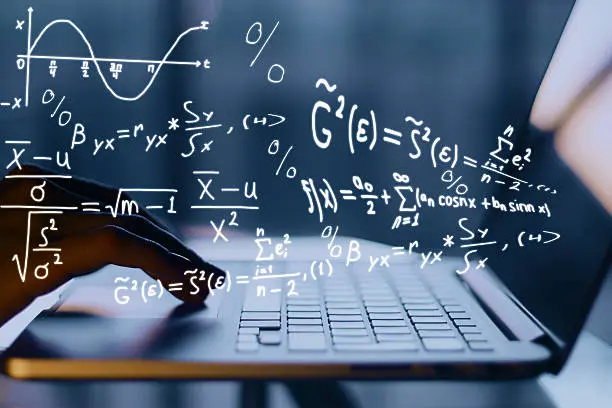
Exploring Game Theory: Unveiling Strategies in Strategic Interactions
- Admin
Game theory stands as a powerful framework for analyzing strategic interactions among rational decision-makers. From economics to political science, and from biology to computer science, game theory provides insights into the behavior of individuals and groups in competitive or cooperative situations. In this article, we delve into the principles, applications, and implications of game theory, shedding light on its role in understanding human behavior and decision-making.
Foundations of Game Theory:
Game theory originated in the work of mathematicians such as John von Neumann and John Nash in the early to mid-20th century. Initially developed as a branch of mathematics to analyze zero-sum games, game theory has since evolved into a multidisciplinary field with applications in various domains. At its core, game theory studies strategic interactions where the outcomes depend not only on an individual's actions but also on the actions of others.
Basic Concepts:
Central to game theory are several fundamental concepts, including players, strategies, payoffs, and equilibrium. Players are the decision-makers involved in the game, each with their own set of possible strategies. Strategies represent the choices available to players, while payoffs quantify the outcomes associated with different combinations of strategies. Equilibrium concepts such as Nash equilibrium and correlated equilibrium describe stable states where no player has an incentive to unilaterally deviate from their chosen strategy.
Applications in Economics:
Game theory finds widespread applications in economics, where it is used to analyze markets, auctions, bargaining, and competition. In microeconomics, game theory provides insights into strategic interactions among firms in oligopolistic markets, the formation of cartels, and the behavior of consumers in strategic settings. In macroeconomics, game theory is employed to model strategic interactions among countries, central banks, and policymakers in monetary and fiscal policy decisions.
Applications in Social Sciences:
Beyond economics, game theory has applications in the social sciences, including political science, sociology, and psychology. In political science, game theory is used to model strategic interactions among political actors, such as candidates in elections, parties in coalitions, and nations in international conflicts. In sociology, game theory informs the study of social networks, cooperation, and collective action. In psychology, game theory helps elucidate decision-making processes, social preferences, and the evolution of cooperation in human societies.
Implications for Decision-Making:
The insights gleaned from game theory have profound implications for decision-making in various domains. By analyzing strategic interactions and identifying optimal strategies, game theory can inform policy decisions, negotiation strategies, and conflict resolution mechanisms. Moreover, game theory provides a framework for understanding the incentives, motivations, and behaviors of individuals and groups in competitive or cooperative settings, offering valuable insights into human nature and social dynamics.
Conclusion:
In conclusion, game theory offers a powerful lens through which to analyze strategic interactions and decision-making in diverse contexts. Whether applied to economics, political science, biology, or computer science, game theory provides a rigorous framework for understanding human behavior and rational decision-making. Join us as we explore the principles, applications, and implications of game theory, unraveling the strategies and dynamics of strategic interactions in the world around us.
